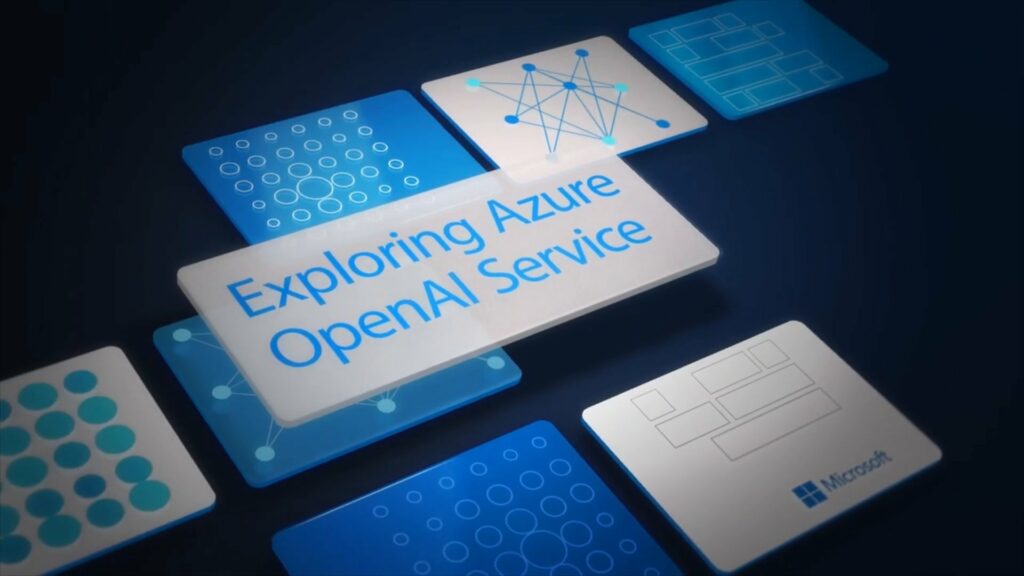
Introduction:
In the rapidly evolving landscape of technology, Artificial Intelligence (AI) is emerging as a transformative force, reshaping industries and revolutionizing how businesses operate. Microsoft Azure, a leading cloud computing platform, offers a comprehensive suite of AI Platform as a Service (PaaS) tools, empowering developers and businesses to harness the potential of AI seamlessly. In this blog post, we’ll delve into the exciting world of AI PaaS tools in Azure and explore how they are driving innovation across various domains.
- Azure Cognitive Services: Azure Cognitive Services provide a broad set of AI capabilities that enable developers to easily incorporate vision, speech, language, and decision-making capabilities into their applications. With pre-built models and APIs, developers can integrate features such as facial recognition, language translation, sentiment analysis, and more, without the need for extensive AI expertise. This democratization of AI empowers businesses to create intelligent applications with minimal effort.
- Azure Machine Learning: Azure Machine Learning is a powerful and scalable platform that facilitates the end-to-end process of building, training, and deploying machine learning models. Developers can leverage a wide range of tools and frameworks, including TensorFlow and PyTorch, to create models that meet their specific business needs. The platform also supports automated machine learning, making it accessible for users with varying levels of expertise.
- Azure Bot Services: Chatbots are becoming integral to customer engagement, and Azure Bot Services provide a platform for building intelligent bots that can interact with users across various channels. These bots can be integrated into applications, websites, or messaging platforms, enhancing user experiences and streamlining customer support processes. Azure Bot Services also leverage natural language processing, enabling bots to understand and respond to user queries in a human-like manner.
- Azure Databricks: Azure Databricks is a collaborative environment that combines Apache Spark-based analytics with deep learning capabilities. This PaaS tool facilitates the development of big data and AI solutions, allowing data scientists and engineers to collaborate seamlessly. By integrating Spark’s data processing capabilities with deep learning frameworks like TensorFlow and Keras, Azure Databricks enables the creation of sophisticated AI models for handling large datasets.
- Azure Custom Vision: For scenarios requiring custom image classification models, Azure Custom Vision provides a user-friendly platform for training and deploying models tailored to specific business needs. This tool is particularly useful in industries such as manufacturing, healthcare, and retail, where accurate image recognition can significantly impact efficiency and decision-making processes.
Conclusion: Microsoft Azure’s AI PaaS tools empower businesses to leverage the capabilities of artificial intelligence without the complexities traditionally associated with building and deploying such solutions. Whether it’s through pre-built cognitive services, machine learning platforms, or specialized tools like Azure Bot Services and Custom Vision, Azure is driving innovation and enabling organizations to create intelligent applications that enhance customer experiences, streamline operations, and unlock new possibilities in the digital era. As AI continues to evolve, Azure’s commitment to providing cutting-edge PaaS tools positions it as a key player in the ongoing AI revolution.
